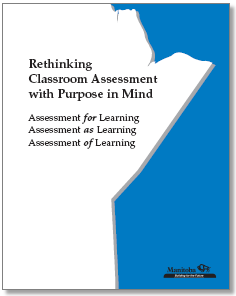With class time last week being designated as group-project work and an informal sharing session, it allowed me time to reflect on the past weeks: on the speakers who've taken the time to share with us, on the different tools each of us use, the impact those instruments and ideas may have on my future classroom, and the responses from you - my fellow classmates - on all of these ideas.
First, how do you all stay up on reading everyone's blogs? I've attempted to use a Chrome extension called 'SpeakIt!' which converts website text into audio via the voice of your choice: English Canadian Male speaker or Hong Kong Cantonese Female or ..., &c. While I really like 'hearing' what you have to say - the app still requires that I select each individual bits of text, which unfortunately is time consuming and undermines the real reason for attempting to use it in the first place. I've put the question to twitter to see what you all have to say:
Struggling to read everyone's blogs from 'Internet for Educators': What are your hints/tricks to read and make meaningful comments? #I4EdIn the same vein, I've constantly ran into a little bug where I'm unable to comment on your blogs because my profile is not signed in - despite accessing your respective blogs from Google Reader and repeatedly clicking sign in. Which brings me to a bit of a techno-wish: why can I share your writings on Twitter, facebook, Google+; but I can't comment within Reader?
— Nick Baron (@NicklasBaron) February 19, 2013
Todays' a rant day dear readers: please place your rants below!
Edit: I'd also like to share with you my (current) go to site for new music:
 |
| indiecurrent.com |






